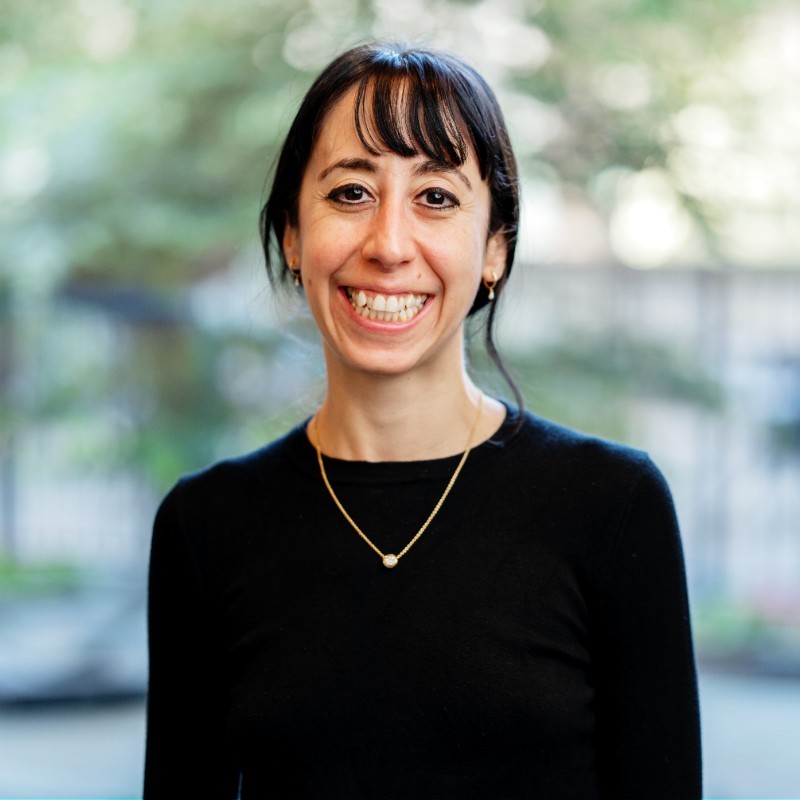
Research
It is well accepted in the field of immunology that the immune system, composed of cells, proteins, and molecules, can discriminate self from foreign (non-self). Indeed, evidence shows that an ability to distinguish self and foreign is required to prevent harmful immune responses to the body’s own tissues and ensure protection from pathogens. While the rejection response elicited by genetically disparate organ transplants is consistent with the self/foreign paradigm of immunology, the absence of a maternal rejection response against the genetically disparate placenta and fetus defies this major paradigm. The Rizzuto lab uses mouse models and immunologic tools in innovative ways to define and dissect immune tolerance pathways to placental and fetal proteins.
Our wish to understand the basic science of reproductive immunology is motivated by a translational interest in alleviating devastating and poorly understood pregnancy syndromes that involve the maternal immune system, including pre-eclampsia. An additional motivation stems from the intriguing parallel between reproductive immunology and tumor immunology. The placenta naturally exhibits many of the “hallmarks of cancer”, including invasiveness, accessing vasculature, genomic instability, and immune evasion. Notably, the placenta is seemingly impervious to immunotherapies that elicit rejection of tumors, supporting our hypothesis that multiple, novel immune tolerance mechanisms operate in concert to safeguard pregnancy. Thus, by unraveling the immunologic paradox of pregnancy, our lab will also discover new ways to invigorate immune responses against tumors.
Current Projects:
- Maternal humoral immunity.
- Maternal T cell biology.
- Placental glycosylation.
- Trophoblast tumors.
Bio
Gabrielle Rizzuto graduated summa cum laude from Georgetown University and earned her MD and PhD from the Tri-Institutional Cornell/Rockefeller/Sloan Kettering program under the thesis mentorship of Alan Houghton and Jedd Wolchok. Gabrielle completed Anatomic Pathology residency training at UCSF and acquired specialty expertise in perinatal (placental and fetal) pathology. From 2017-2022, Gabrielle was an adjunct Assistant Professor of Anatomic Pathology at UCSF where she also completed post-doctoral research in the laboratory of Adrian Erlebacher before joining MSKCC as an Assistant Member in 2022.
Distinctions:
- AAI ASPIRE award for early career research accomplishments and professional promise, 2023.
- BWF Next Generation Pregnancy Initiative Award, 2023.
- NIAID K08 award, 2018.
- Society for Pediatric Pathology Young Investigator Grant, 2018.
